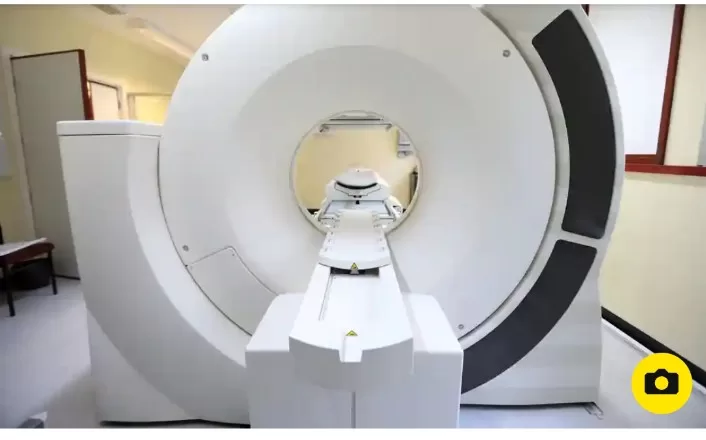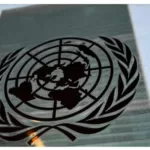Groundbreaking research conducted in the United Kingdom suggests that artificial intelligence (AI) surpasses traditional biopsy methods by nearly twofold in evaluating the aggressiveness of certain cancers, a development poised to have a significant impact on patient care, potentially saving thousands of lives.
According to data from the World Health Organization, cancer claims the lives of 10 million individuals worldwide annually. Detecting cancer promptly and expeditiously delivering treatment can prevent its devastating consequences for countless patients. One of the primary challenges for healthcare professionals is early identification of patients with high-risk tumors to administer timely interventions.
A collaborative study led by the Royal Marsden NHS Foundation Trust and the Institute of Cancer Research (ICR) revealed that an AI algorithm exhibits a remarkable capacity to accurately grade the aggressiveness of sarcomas. Sarcomas, an uncommon form of cancer originating in the body’s connective tissues, including fat, muscle, and nerves, proved to be better assessed by AI than biopsies.
This pioneering technology affords clinicians a more precise method for grading tumors. The introduction of AI is expected to enhance patient outcomes significantly, particularly for those with high-grade tumors. Given that high-grade tumors often signify aggressive disease, this innovative tool can expedite the identification of high-risk patients, thus accelerating treatment.
Low-risk patients stand to benefit as well, as unnecessary treatments, follow-up scans, and hospital visits can be averted. The researchers envision that this AI algorithm can potentially be extended to other cancer types in the future, offering substantial advantages to thousands of individuals. Their findings were published in the Lancet Oncology journal.
The focus of the study was specifically on retroperitoneal sarcoma, which develops in the posterior abdomen and poses diagnostic and treatment challenges due to its location. CT scans from 170 patients at the Royal Marsden with the two most prevalent forms of retroperitoneal sarcoma, leiomyosarcoma and liposarcoma, were utilized to create an AI algorithm. This algorithm was subsequently evaluated on 89 patients across Europe and the United States.
The AI system displayed an 82% accuracy rate in grading the expected aggressiveness of the tumor, a considerable improvement compared to the 44% accuracy rate of biopsies. Moreover, the AI distinguished between leiomyosarcoma and liposarcoma in 84% of the tested sarcomas, whereas radiologists could only differentiate between the two in 35% of cases.
Christina Messiou, the lead researcher of the study and a consultant radiologist at the Royal Marsden, as well as a professor in imaging for personalized oncology at the ICR, expressed her enthusiasm for the potential of this cutting-edge technology. She emphasized the potential for expedited diagnoses and more personalized treatments, which may ultimately enhance patient outcomes.
Messiou stated, “We are incredibly excited about the potential of this state-of-the-art technology, which has the capacity to lead to better patient outcomes through quicker diagnoses and more tailored treatment.”
Moreover, she underlined the significance of this development for patients with retroperitoneal sarcoma. The expectation is that this tool will have global applicability, allowing healthcare centers worldwide, not just specialized facilities, to accurately identify and grade the disease.
In closing, Messiou suggested that this approach could be adapted to various other cancer types, potentially revolutionizing the outcomes for thousands of patients each year.
Funding for the study was provided by the Royal Marsden Cancer Charity, the National Institute for Health and Care Research (NIHR), the Wellcome Trust, and the EORTC Soft Tissue and Bone Sarcoma Group.
The Chief Executive of Sarcoma UK, Richard Davidson, expressed optimism regarding the study’s results, asserting that early diagnosis significantly improves the chances of survival for sarcoma patients. Notably, approximately one in six individuals with sarcoma cancer currently endures more than a year awaiting an accurate diagnosis, making research of this nature highly welcome.”




